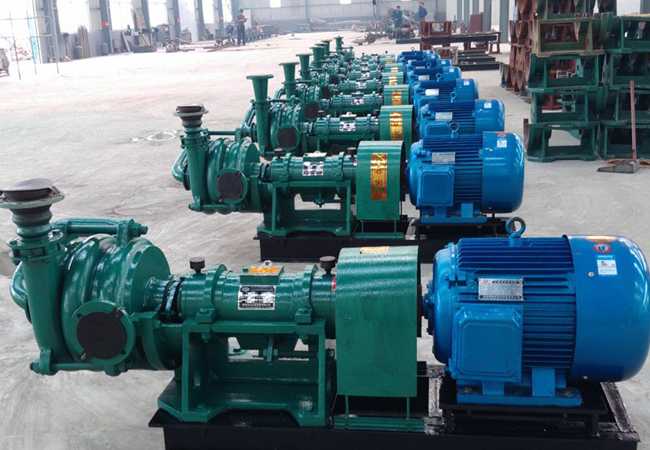Georgian
- Afrikaans
- Albanian
- Amharic
- Arabic
- Armenian
- Azerbaijani
- Basque
- Belarusian
- Bengali
- Bosnian
- Bulgarian
- Catalan
- Cebuano
- Corsican
- Croatian
- Czech
- Danish
- Dutch
- English
- Esperanto
- Estonian
- Finnish
- French
- Frisian
- Galician
- Georgian
- German
- Greek
- Gujarati
- Haitian Creole
- hausa
- hawaiian
- Hebrew
- Hindi
- Miao
- Hungarian
- Icelandic
- igbo
- Indonesian
- irish
- Italian
- Japanese
- Javanese
- Kannada
- kazakh
- Khmer
- Rwandese
- Korean
- Kurdish
- Kyrgyz
- Lao
- Latin
- Latvian
- Lithuanian
- Luxembourgish
- Macedonian
- Malgashi
- Malay
- Malayalam
- Maltese
- Maori
- Marathi
- Mongolian
- Myanmar
- Nepali
- Norwegian
- Norwegian
- Occitan
- Pashto
- Persian
- Polish
- Portuguese
- Punjabi
- Romanian
- Russian
- Samoan
- Scottish Gaelic
- Serbian
- Sesotho
- Shona
- Sindhi
- Sinhala
- Slovak
- Slovenian
- Somali
- Spanish
- Sundanese
- Swahili
- Swedish
- Tagalog
- Tajik
- Tamil
- Tatar
- Telugu
- Thai
- Turkish
- Turkmen
- Ukrainian
- Urdu
- Uighur
- Uzbek
- Vietnamese
- Welsh
- Bantu
- Yiddish
- Yoruba
- Zulu
Telephone: +86 13120555503
Email: frank@cypump.com
დეკ . 22, 2024 17:43 Back to list
sewer system pump out
Understanding Sewer System Pump Outs Importance and Process
The sewer system is an essential infrastructure for urban areas, designed to transport wastewater and stormwater away from residences and businesses to treatment facilities. One critical aspect of maintaining a sewer system's efficiency is the process of pump out, which involves the removal of accumulated solids, sludge, and other debris from septic tanks and sewage systems. This article will explore the importance of sewer system pump outs, the process involved, and steps property owners can take to maintain their sewer systems effectively.
Importance of Sewer System Pump Outs
Regular pump outs are vital for several reasons. First and foremost, they help prevent clogs and backups in the sewage system. When solids accumulate in septic tanks or the sewer line, they can create blockages that lead to sewage overflow, which can be both a public health hazard and an environmental concern. Overflows can contaminate local water sources, creating serious health risks for the community.
Moreover, neglected sewer systems can lead to costly repairs. Many property owners may underestimate the importance of regular maintenance, assuming that their systems will function indefinitely. However, without regular pump outs, the degradation of the system can lead to significant breakdowns, necessitating extensive repairs or even replacement. This can create a financial burden that is easily avoided with proper upkeep.
Additionally, routine maintenance of sewer systems, including pump outs, can extend the lifespan of the septic system or sewer line. By minimizing the buildup of sludge and other materials, property owners can ensure that their systems operate efficiently and last longer, ultimately saving on replacement costs.
The Pump Out Process
The pump out process typically begins with a professional inspection of the sewer system. A qualified technician will assess the condition of the septic tank or sewage system, checking for signs of damage, buildup, or other issues. Once the inspection is complete, the technician will proceed with the actual pump out.
During the pump out, a specialized pump is used to remove wastewater and solids from the septic tank or sewer line. This process requires careful management to ensure that no harmful substances are released into the environment. After the tank is emptied, the technician may inspect the tank for cracks or other issues that may need attention.
sewer system pump out

Once the pump out is complete, the technician will typically provide recommendations for maintenance schedules, indicating when the next pump out should be performed. Regular intervals for pump outs can vary based on several factors, including the size of the tank, the number of occupants in a house, and the amount of wastewater generated.
Maintenance Tips for Property Owners
To maintain an efficient sewer system, property owners should take proactive steps beyond just scheduling regular pump outs. Here are some useful tips
1. Monitor Water Usage Be mindful of the amount of water your household uses. Excessive water consumption can overload the system and contribute to quicker buildup of solids.
2. Dispose of Waste Properly Avoid flushing non-biodegradable items, grease, or chemicals down the drain. Such materials can contribute to clogs and backups in the system.
3. Maintain Landscaping Be aware of the location of your septic system and avoid planting trees or shrubs too close to it. Roots can invade the system and cause damage.
4. Regular Inspections Periodic inspections by a professional can help identify potential problems before they become serious issues. Keeping an eye on the system's performance is crucial.
Conclusion
Sewer system pump outs are a vital component of maintaining a healthy and efficient wastewater management system. By understanding the importance of regular pump outs and following best practices for sewer system maintenance, property owners can prevent costly repairs, protect the environment, and ensure the longevity of their systems. Taking these proactive steps today will help safeguard the health of both the homeowners and the community as a whole.
-
Heavy-Duty Mining Sludge Pumps - Wear-Resistant Slurry Handling
NewsAug.02,2025
-
Horizontal Split Case Pump with GPT-4 Turbo | High Efficiency
NewsAug.01,2025
-
ISG Series Pipeline Pump - Chi Yuan Pumps | High Efficiency, Durable Design
NewsAug.01,2025
-
Advanced Flue Gas Desulfurization Pump with GPT-4 Turbo | Durable & Efficient
NewsJul.31,2025
-
ISG Series Vertical Pipeline Pump - Chi Yuan Pumps | Advanced Hydraulic Design&Durable Construction
NewsJul.31,2025
-
ISG Series Vertical Pipeline Pump - Chi Yuan Pumps | Energy Efficient & Low Noise
NewsJul.31,2025










